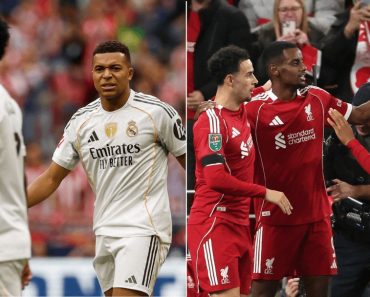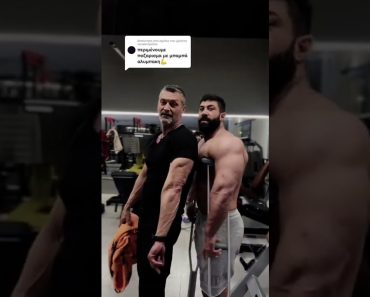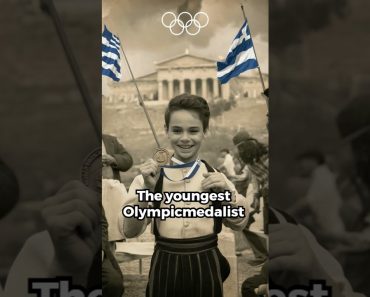José was born in Granada in 1980. He holds a degree in Physical Education and Sports Science and a diploma in Nursing. He began his career as a sports journalist with the Libertad Digital news network. Since 2019, he has hosted Tirando a Fallar, a basketball show that is currently one of the top-rated programs of its kind on Spanish radio. He is also a commentator for EuroLeague games on DAZN and a regular contributor to Gigantes del Basket magazine.
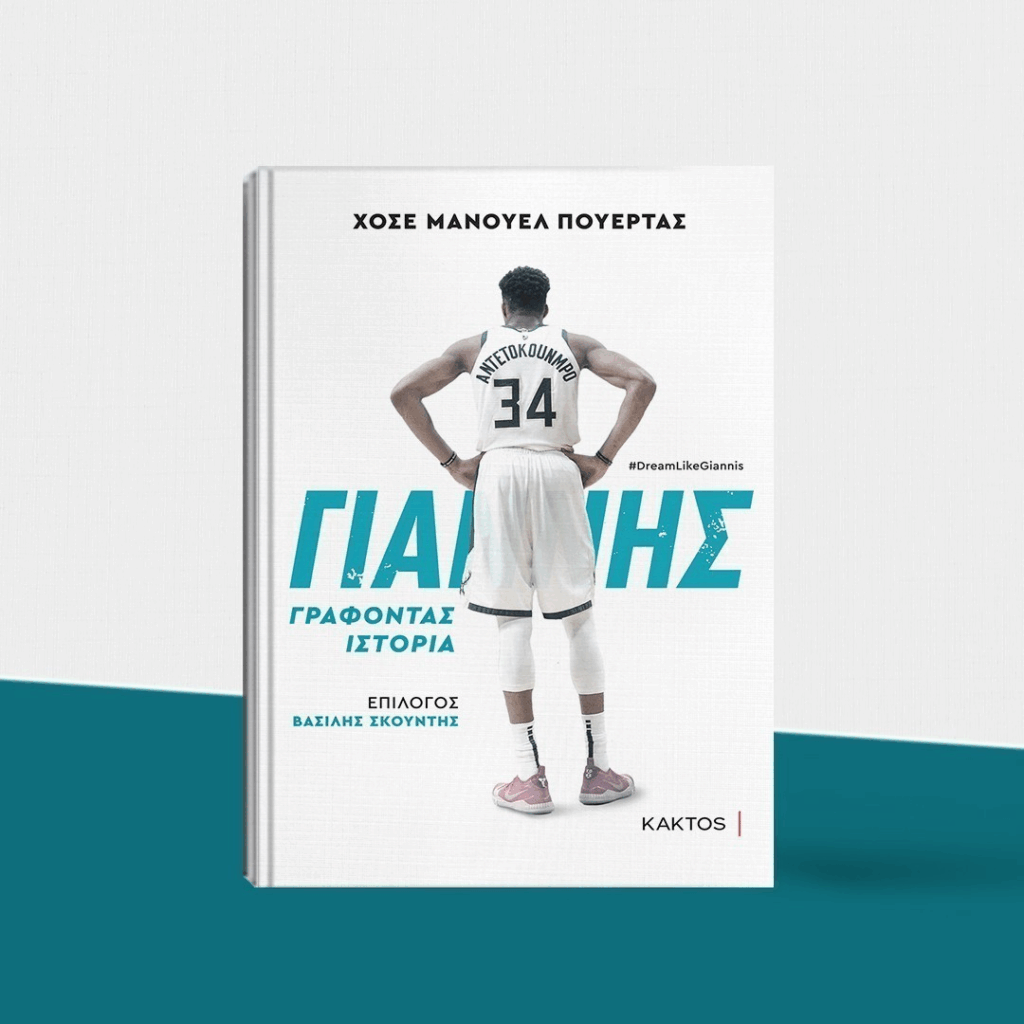
In 2016, he co-authored the book Luka Modric: The War Child (El hijo de la guerra) with Vicente Azpitarte, which was also published in Croatia, Japan, and China. We connected with him via Zoom in his hometown of Granada. Our conversation began with his favorite friend from the ‘90s, Giorgos Sigalas, and naturally turned to the main topic of the interview.
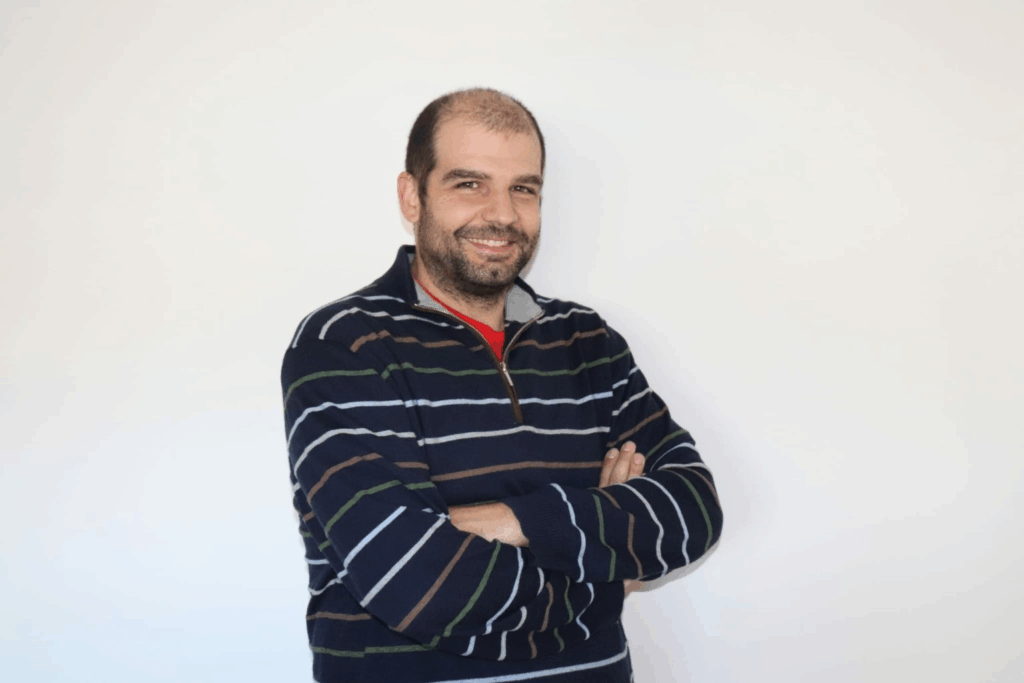
The Childhood of Giannis Antetokounmpo: The Story That Built the Character of the Greek Freak
— What were the biggest challenges you faced writing the book about Giannis?
The main challenge was telling Giannis’ story in Greece. Once he was drafted and arrived in the U.S., his story became well known, but his beginnings in Greece were far less familiar. I didn’t know whether he would become a superstar, a good player, an average player, or if he might return to Europe to play. But the journey he took to reach the NBA deserved to be a book. Of course, if he won an NBA Championship and became a superstar, it would add even more value to the book. But I was convinced his story was worth telling regardless — because he wasn’t the typical type of player who reaches the NBA.
— Were there parts of the book you hesitated to include?
There were many stories I wanted to include but couldn’t. I think the question isn’t whether I wanted to tell them, but how to tell them. For example, I wanted to discuss the hardships his family faced during his childhood — evictions, housing problems, financial struggles. I needed to find the right way to tell these stories with respect, without sensationalism, and with precise details. This meant going to neighborhoods, finding people who could help me piece together his story. That phase of research was the most time-consuming and challenging.
— Which part of his life in Sepolia shaped him most and still stays with him today?
When a child has to work in the streets from the age of eight or ten, it leaves a lasting mark. I remember visiting Sepolia and speaking with the priest of the church Giannis often visited — someone who deeply influenced him, along with his relationship with faith. From then on, Antetokounmpo became a deeply devout Christian. There’s also the well-known story about the café across from the court, where a family for years gave him a sandwich, an orange, and apple juice every day.

It’s not just one isolated moment — his entire difficult childhood shaped him: the work his parents had to do, his mother’s health problems. People close to him told me that sometimes he would come home and the fridge wouldn’t have enough food for everyone. He would give up his own portion so his brothers Kostas or Alex could eat. That selflessness is unimaginable for many of us who have always had enough to eat. It’s a rare reality in Europe, and it left a deep mark on him.
— What impressed you most about his character?
What struck me most — even though I don’t know him personally — is his humility. I spoke to perhaps 200–300 people who know him closely, and everyone says the same thing: he’s humble. In Spanish, we’d say “he keeps his feet on the ground.” He’s a superstar — famous and wealthy — but small details show his humility. Recently, after Greece won bronze at the EuroBasket, he said the game against Finland was the most important of his life because he won it for his country, despite already having an NBA Championship and Finals MVP. That says everything about his humility and work ethic. He’s also fiercely competitive — humility, hard work, and competitiveness define him.
— Why do you think he is such a patriotic Greek?
It’s a good question. We all remember the offensive comments made against him by members of Golden Dawn. I think, in the end, he is deeply grateful to Greece. If his parents had stayed in Nigeria, we probably wouldn’t know who Giannis Antetokounmpo is today. Greece gave him the opportunity to become who he is. If he weighs the hardships and benefits of living in Greece, gratitude clearly outweighs the difficulties. He deeply values the chance Greece gave him to succeed.
— What legacy will he leave in the NBA? How do you compare him to other legends?
Giannis is a truly unique player — unlike anything in NBA history. He combines height with extraordinary agility and versatility. He can dribble, pass, cover the court in seven or eight steps — it’s like watching a unicorn. There is no one like him. His legacy will be enormous, not just as a player but as a person. He brought a championship to the Milwaukee Bucks, a team that has only ever won two titles: one with Kareem Abdul-Jabbar, the other with Giannis Antetokounmpo. That is history. That is legacy.
— What’s next for Giannis?
I don’t know if he will finish his career in Milwaukee. If the team doesn’t make big progress, I believe he will move — perhaps to the Lakers, Dallas, or Warriors. Unless Milwaukee has a strong season and he signs a new contract. Either way, he is already among the top 30 players in NBA history. Beyond basketball, he has shown his character — humble, hardworking, conflict-free. I think the only thing that could make him even better is more consistent three-point shooting. But if he did, he would be unstoppable — almost robotic. He keeps improving step by step. At 30, he still has time to win another championship, MVP, or achieve something great with Greece. For him, winning something with the national team is a duty — and this summer he delivered bronze. That, in essence, is his legacy: a good man, a good player, a hard worker who avoids conflict.
— Is your biography the most authoritative on Giannis?
I spent four years gathering information. One key figure in his story is Spyros Velliniatis, who is overlooked in other biographies. Velliniatis found Giannis in Sepolia, introduced him to basketball, and guided him for years. He knows Giannis better than almost anyone else, except his parents and brothers. I had over 100 hours of deep conversations with him. That perspective is unique to my biography, making it a distinctive contribution to Giannis’ story.
Ask me anything
Explore related questions



